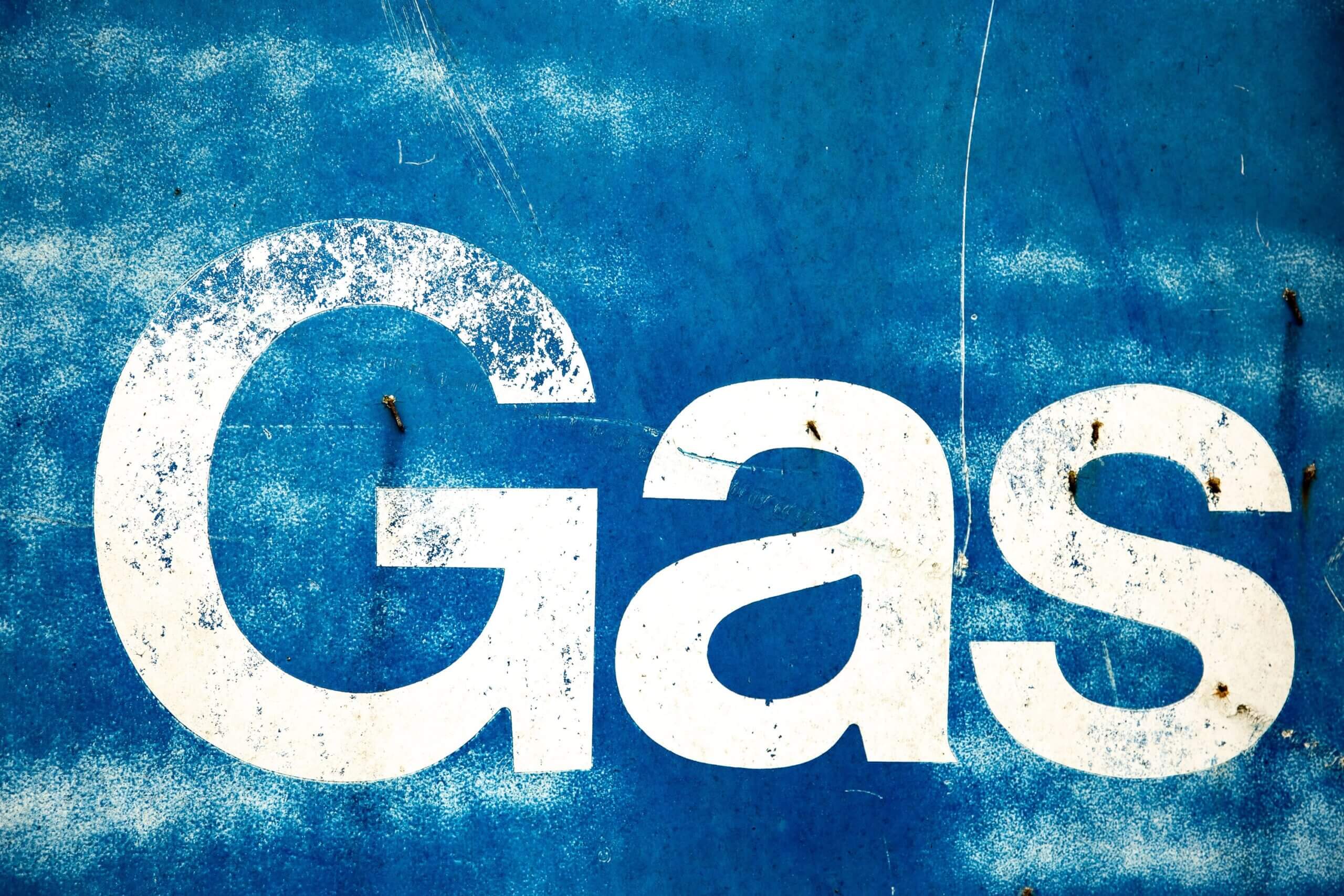Montenegro, a European country, is warning of a “global energy collapse” because a lack of gas might leave European governments in a position where “even with money, you will not be able to access electricity.”
According to claims made by the prime minister of Montenegro on Monday, Dritan Abazovic, a “global energy collapse” would occur in Europe in the event that Russian gas supplies were disrupted and a widespread transition was made to using electricity.
In his address to the parliament, Abrazovic referred to recent comments made by the German Vice Chancellor Robert Habeck. In light of the impending energy challenges that the winter season will bring, Habeck advised his countrymen to cut back on the amount of time they spend in the shower and to stock up on warm clothing.
According to Abrazovic, if a member of his administration offered such guidance, that individual would be laughed at for their suggestion. According to what he shared, the ministers of Montenegro are currently concentrating their efforts on avoiding another crises like this one, but they can not control everything.
“If it comes true that in the fall, or with the onset of cold days, gas is not delivered from Russia to Western Europe at a level that satisfies its economy, and if it switches to electricity, there will be a general energy collapse,” he warned. “If it comes true that in the fall, or with the onset of cold days, gas is not delivered from Russia to Western Europe at a level that satisfies its economy, and if it
He added that there was a threat that was even more serious than rising energy prices. In his opinion, there could be a scenario in which “even with money, you will not be able to access electricity.” He believed that this scenario was possible.
Abrazovic cautioned that the leadership of the country is now concentrating not just on avoiding the worst-case scenarios but also on making preparations for them. He mentioned that restructuring the budget was one of the approaches to accomplish this goal. The Prime Minister also emphasised that despite the fact that Montenegro is not dependent on natural gas like some other European nations are, the nation must still be prepared and should “look at how to make the most out of the tourism business.”
“However, both the crisis caused by the war in Ukraine and the aftermath of Covid should teach us the following,” he said. “We need to improve food production and become a country that is not dependent on energy.”
According to Abrazovic, the primary attention should be placed on the construction of new energy facilities in order to achieve greater levels of autonomy.
The prime minister stated unequivocally that there was no need for alarm since his administration was handling the situation appropriately and that there was no need for concern.
According to the Financial Times, at the beginning of this month, the head of the International Energy Agency (IEA), Fatih Birol, issued a warning to the European Union (EU) to be prepared for the possibility of a complete shutdown of Russian gas exports this winter and called on the members of the EU to broaden the scope of measures aimed at preparing for this scenario. He also urged the members of the EU to prepare for the possibility of a complete shutdown of Russian gas exports.
Countries like as Germany, Austria, Italy, and the Netherlands have declared their intentions to increase their reliance on coal for the generation of electricity. Meanwhile, Sweden and Denmark have stated that they will also initiate emergency steps to reduce their consumption of natural gas.
Already, there is a significant deficit in the amount of imported energy sources that are available on the European gas market. Because of sanctions, there is a lack of parts for the Nord Stream pipeline, which has led to a considerable decrease in the amount of gas that is being shipped by Gazprom of Russia.
The decreased deliveries come at a time when Europe is rushing to fill up for winter, with gas storages on the continent currently at 55 percent, according to latest data. Europe is racing to stock up in preparation for winter.
As part of its response to Moscow’s military assault in Ukraine, which began toward the end of February, the European Union intends to completely stop importing Russian gas by the year 2030. On the other hand, a number of nations, especially Germany, have cautioned on multiple occasions that the rapid cessation of the flow would be detrimental to their economies.

